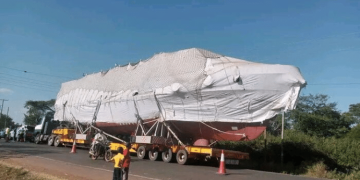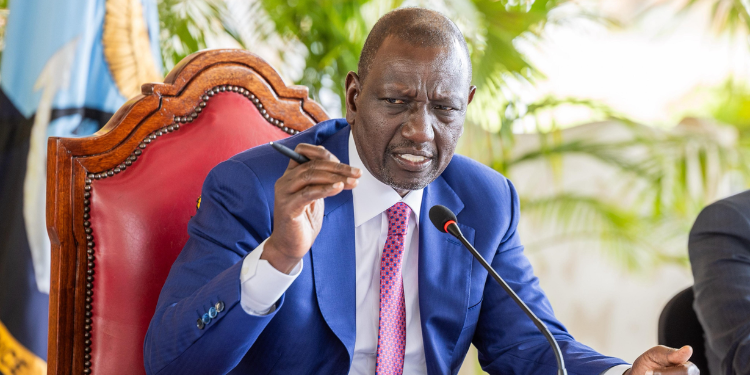The tourism industry could face significant disruption if proposals in the Finance Bill 2025 are passed to eliminate key tax exemptions supporting the sector.
These include tax exemptions on goods used for constructing tourism facilities and specially designed locally assembled vehicles for transporting tourists.
The Departmental Committee on Finance and National Planning has initiated consultations with government agencies to evaluate how the provisions may impact various sectors.
Public participation in the Finance Bill 2025
Appearing before the committee chaired by Molo MP Kuria Kimani, the Principal Secretary of the State Department for Tourism, John Ololtuaa, expressed concerns about the proposed removal of two major exemptions under the VAT Act Cap 476.
One of the exemptions under threat is Paragraph 62, which currently allows tax-free importation of goods used directly and exclusively for the construction of tourism facilities, large recreational parks spanning at least fifty acres, and conference centres, subject to recommendations from the relevant Cabinet Secretary.
Tax Exemptions for Special Tour Vehicles
The second exemption, outlined in Paragraph 91, benefits tour operators by allowing VAT exemption on specially designed, locally assembled vehicles for tourist transportation.
These vehicles must be purchased before customs clearance and meet strict criteria, including exclusive use for tourism, registration under the Tourism Vehicle Regime, and specific fittings such as camping gear, first aid kits, and communication systems.
Also Read: Why KRA Will Access Your Personal Data After Finance Bill 2025 Changes
According to Ololtuaa, removing existing VAT exemptions would undermine Kenya’s competitiveness leading to potential loss of market share.
More arguments on the exemptions
He argued that the current exemptions play a vital role in promoting investment in high-quality tourism infrastructure and services, contributing to the country’s attractiveness as a destination of choice.
“The exemptions provide an avenue for raising Kenya’s standards for quality and safety, retaining Kenya’s competitive edge in the region,” he added.
Also Read: Exposed: How Finance Bill 2025 is a Betrayal of Kenyans
Under current regulations, tax becomes payable if any of the exempted vehicles are converted for other uses or disposed of outside the tourism sector.
Ololtuaa further noted that the high standards enabled by the exemptions help Kenya maintain a strong international reputation in the tourism industry.
“This would not only strengthen Kenya’s brand as a world-class tourism destination but also ensure that visitors enjoy high standards that encourage positive reviews and repeat travel,” he said.
Follow our WhatsApp Channel and X Account for real-time news updates.
























































![Senator Allan Chesang And Chanelle Kittony Wed In A Colourful Ceremony [Photos] Trans Nzoia Senator Allan Chesang With Channelle Kittony/Oscar Sudi]( https://thekenyatimescdn-ese7d3e7ghdnbfa9.z01.azurefd.net/prodimages/uploads/2025/11/Trans-Nzoia-Senator-Allan-Chesang-with-Channelle-KittonyOscar-Sudi-360x180.png)



















